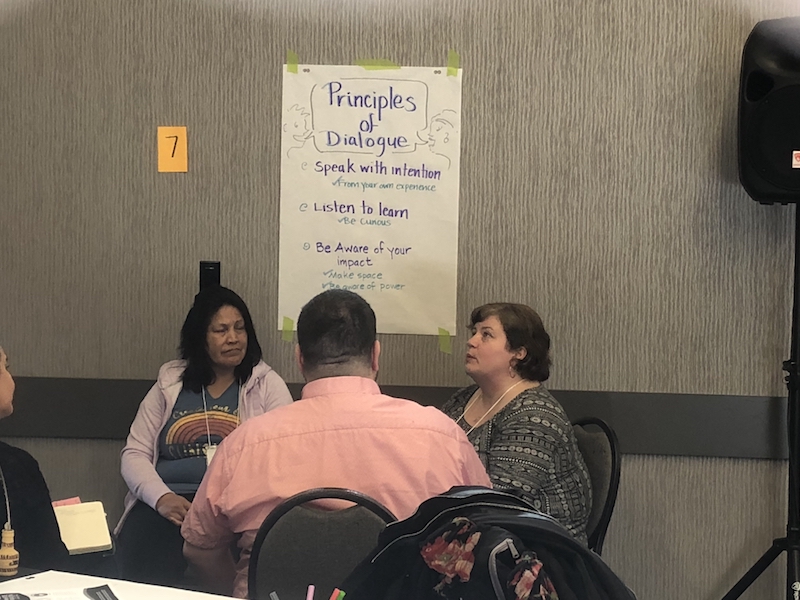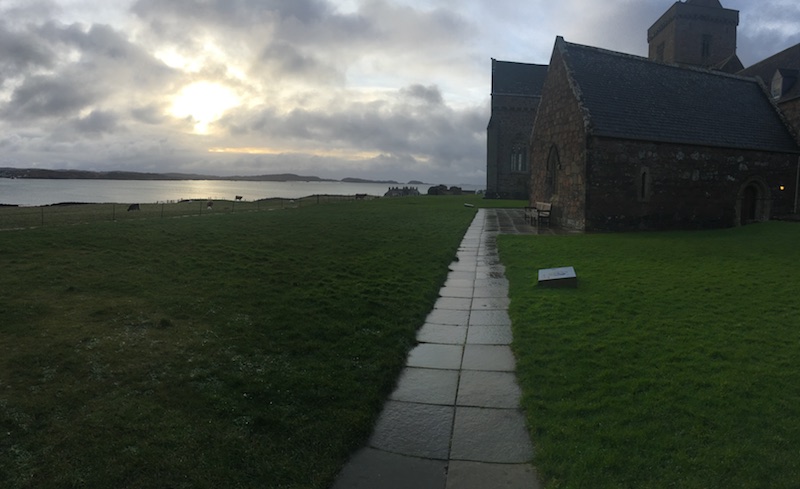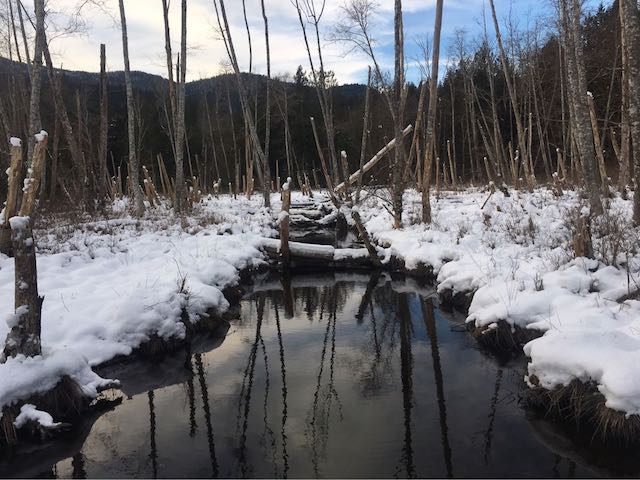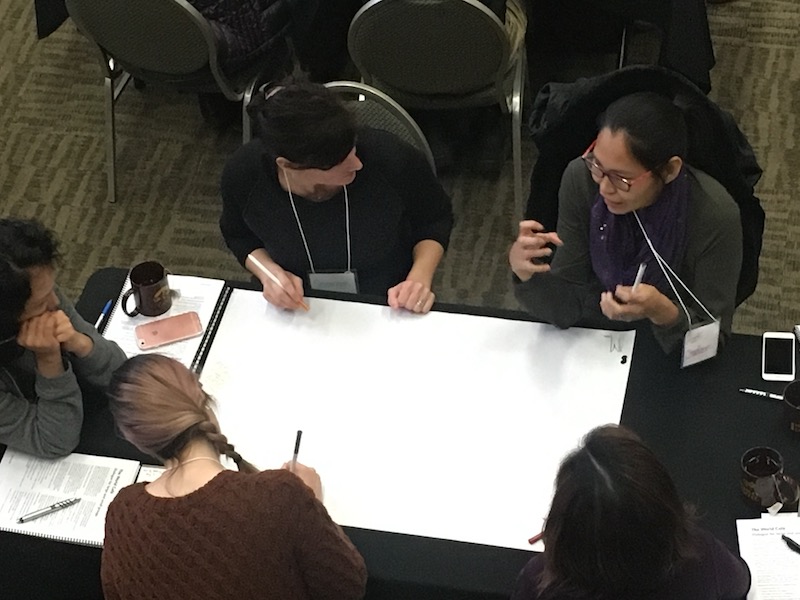
Two links in the feed this morning had me thinking about democracy, participation and local governance. Duncan Green provides a review of the new book How to Rig an Election, by Nic Cheeseman and Brian Klaas. There are many ways to hack a democracy, including gerrymandering electoral districts, influencing or straight out hacking of polls, manipulating voter registration and making it difficult to vote. The authors in this new book point out an important truth: Leaders are most likely to try and stay in power when they believe that their presence is essential to maintain political stability; in cases when they …

I’ve been enjoying reading Adam Nicolson’s book “Sea Room” about the Shiant Islands in the Hebrides. The history of the small group of islands that he owns obsesses him. He charts the archaeology and natural history of the islands, and the book is filled with the characters who are the real owners of the place – the crofters and shepherds that work the land as tenants witinn the strange Scottish systems of private land ownership. Nicolson expresses some astonishment at the amount of activity that has taken place on the Shiants over history because they are considered so remote …

Spent an hour in conversation with a friend in the US last night discussing the role of dialogue in connecting communities together. My friend has extensive experience working with immigrant, refugee communities and in working with inner city agencies. He’s been personally affected by Trump’s travel edict as his family members are directly targetted by the current travel ban. He’s a man I respect very much. We were talking about ways to connect and understand the “other side.” After our conversation I stumbled over this podcast on the “deep story” of what is motivating Trump supporters, and probably both Brexit …

Last week we were out in Tofino hosting a three-day leadership workshop on dialogue with sixty people, most of whom were from the Port Alberni and west coast area. In the room were leaders from Hupacaseth, Toquaht, Ahousaht, Hesquiaht, Tsehshaht and Tloquiaht First Nations and Councillors from Ucluelet, Tofino and the Alberni-Clayoquat Regional District. Additionally there were citizens, non-profit workers, community foundation staff, scientists and small business people in the room. It was the kind of gathering that everyone is always saying “has to happen.”

As Bronagh Gallagher and I have been musing about our offering on complexity, facilitation and social justice, we have been discussing the shift in activism from ideology to evolutionary. Ideological movements try to coalesce activities and people along a line towards a fixed end state. Evolutionary movements start with intentions, principles and move outward in multiple directions along vectors. They adjust and learn as they go, and they both respond to and change their context. This nice post from Network Centered Advocacy capgtues what I’m talking about by first looking at how a lacrosse player’s artistry evolves in changing contexts …

